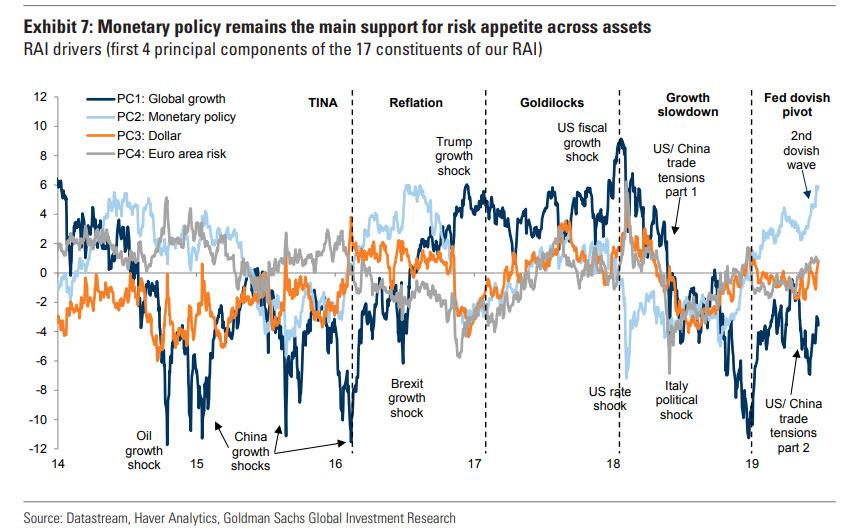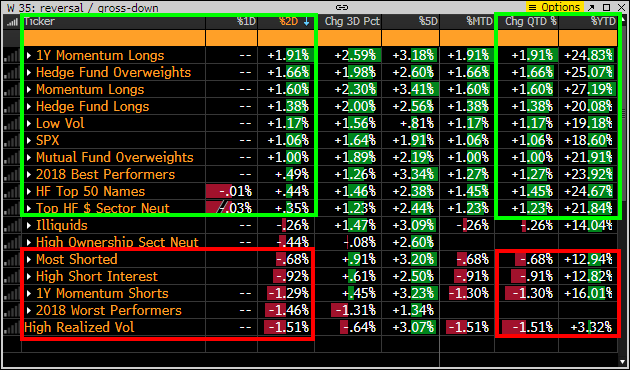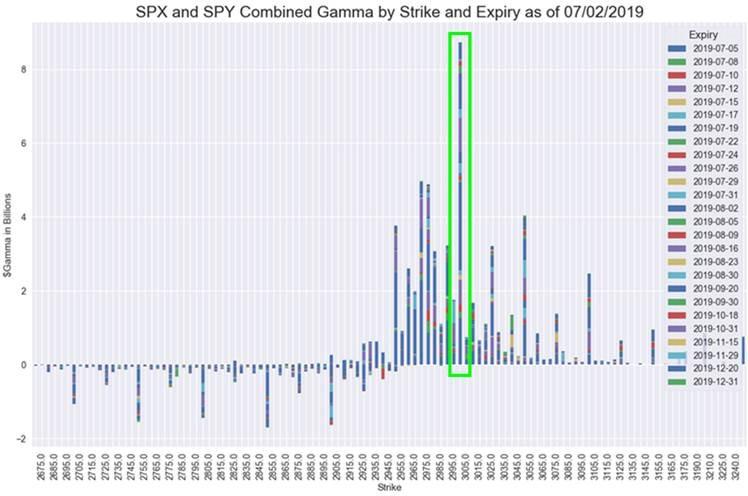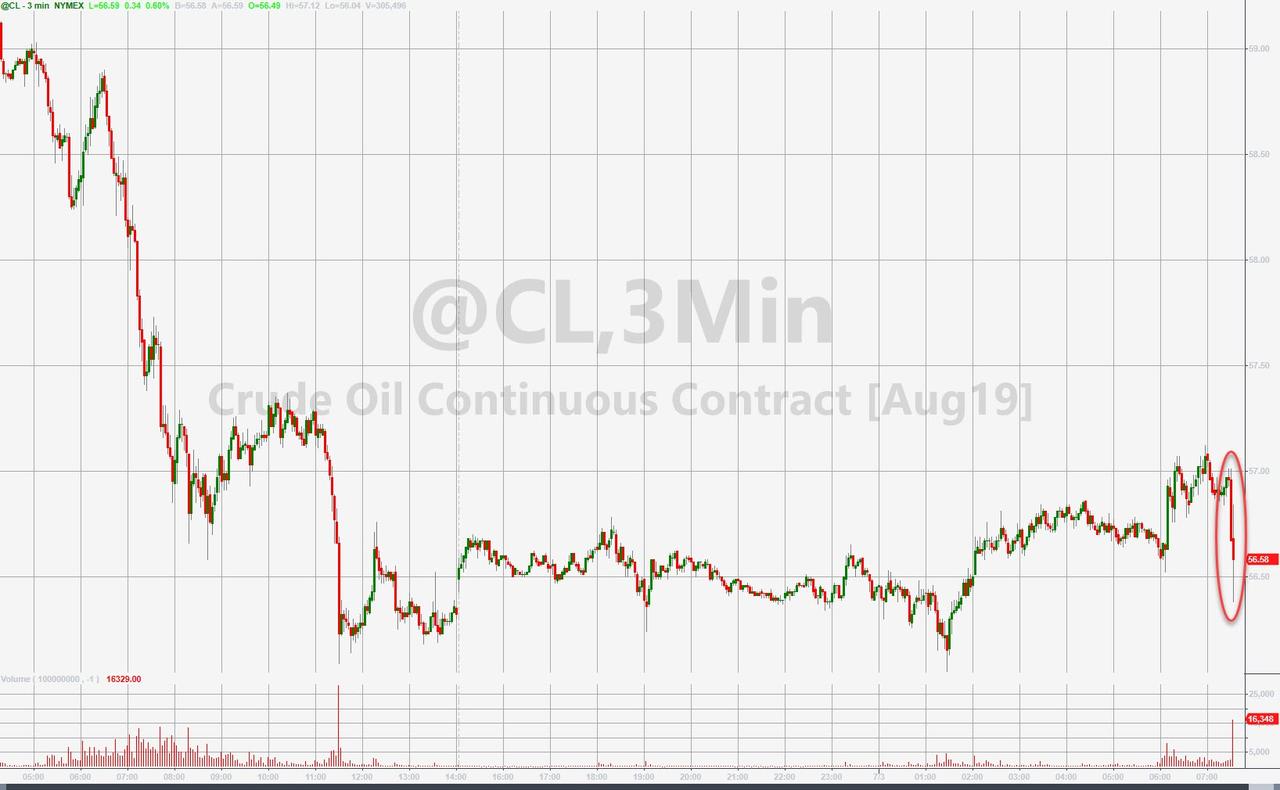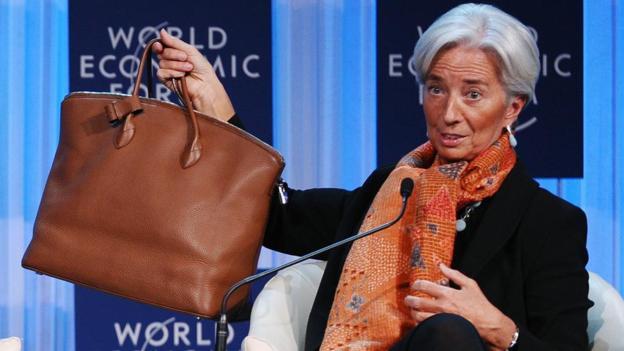For years neurosurgeon Donald Hilton and neuroscientist Nicole Prause have been clashing on the pros and cons of pornography. Hilton, author of the 2009 book He Restoreth My Soul: Understanding and Breaking the Chemical and Spiritual Chains of Pornography Addiction Through the Atonement of Jesus Christ, warns that pornography is highly addictive and constitutes a “public health crisis,” while Prause, a former UCLA researcher who founded and heads the sexual biotechnology company Liberos, tends to take a more sanguine view. Now the two intellectual combatants are facing off in a bizarre defamation case featuring dueling claims that each is trying to destroy the other’s reputation.
On April 16, Prause emailed the University of Texas Health Science Center at San Antonio (UTHSCSA), where Hilton is an adjunct associate professor, to complain that she was “being openly sexually harassed by your faculty member Dr. Donald Hilton.” Specifically, she said, Hilton “publicly claims that I personally appear in pornographic films, attend the Adult Video Network awards, and molest children in my laboratory, because I trained at The Kinsey Institute.” She added that all those claims were “demonstrably false.”
The next day, Prause asked UTHSCSA to “please confirm that this sexual harassment complaint is being directed to the appropriate office for investigation.” Two weeks later she emailed UTHSCA’s Legal Affairs Office to say she’d been told that Hilton “was not an employee, but had a ‘courtesy’ title due to volunteering to do something.” She added, “If you are giving these titles to people, and they use them to defame and sexually harass scientists, it seems their title should be rescinded.”
A U.T. spokesperson told the San Antonio Express News the university has no authority to investigate the matter, since neither Hilton nor Prause is an employee. Nor was that the only puzzling aspect of Prause’s complaint, which framed what are essentially defamation claims as sexual harassment.
The Equal Employment Opportunity Commission defines sexual harassment as harassment of an applicant, employee, or co-worker “because of that person’s sex.” The EEOC says such harassment may include “unwelcome sexual advances, requests for sexual favors, and other verbal or physical harassment of a sexual nature,” although it “does not have to be of a sexual nature” and “can include offensive remarks about a person’s sex.” For example, “it is illegal to harass a woman by making offensive comments about women in general.” But sexual harassment is illegal only “when it is so frequent or severe that it creates a hostile or offensive work environment or when it results in an adverse employment decision.”
Prause’s complaint about Hilton does not readily fit this understanding of sexual harassment. Since she is “a female scientist,” she argued in her initial email to UTHSCSA, Hilton is “uniquely attacking my gender with these false claims about my sexuality.” By that reasoning, it would be sexual harassment to allege that a woman had appeared in pornographic films, but it would not be sexual harassment to allege that a man had done so.
UCLA law professor Eugene Volokh, a First Amendment specialist, questions Prause’s “novel and pretty dangerous” definition of sexual harassment. “She’s trying to redefine the term, with all its understandably negative connotations, to cover public criticisms (and not of coworkers or fellow students or the like) that involve ‘attacking [a person’s] gender with…false claims about [her] sexuality,'” he writes in an email. “She seems to be deliberately framing the claim not as one of libel by Hilton, perhaps because libel law is well known to be sharply limited by the First Amendment, and something that is generally left to the civil justice system. Instead, she’s framing it as a sexual harassment claim, perhaps because sexual harassment law is seen by some (wrongly, I think) as largely immune from First Amendment constraints, and because universities and other employers are the ones that are enforcing sexual harassment rules.”
In the defamation lawsuit that Hilton filed last week in response to Prause’s complaint, he says he has met her in person only once, at a 2009 conference where “nothing inappropriate was said or done.” Since then, he says, he and Prause “have not had any personal communications or interactions.” Hilton says he “has never flirted with Defendant Prause, made any sexual advancements towards her, or committed any other type of sexual misconduct towards her” or anyone else. He argues that her complaint against him is an attempt to discredit an intellectual opponent by making baseless charges—a tactic he says she has used against other critics of pornography.
Furthermore, Hilton denies claiming that Prause has appeared in pornographic films or that she is implicated in child molestation. He says she has attended the Adult Video Network awards, citing a 2018 Twitter post in which she said, “I think Jeanne’s story I heard at AVN was amazing.”
I emailed questions to Prause’s lawyer and received some responses. “I have never attended the AVN awards ceremony, [and] Hilton was aware that I never attended at the time the lawsuit was filed,” Prause said. “I have no relationship with the pornography industry.”
In a 2019 talk to the Catholic Medical Association, Hilton said “someone” had “recently” told him that Prause “didn’t go to AVN.” He added, “Well, maybe she didn’t, but what do I do with that?”—referring to the Twitter post. When I asked Prause’s lawyer to clarify that point, he replied, “Given the timing, including the holiday, we do not have anything additional at this time.”
As for the other claims Prause attributes to Hilton, she said “many written, spoken and audio records exist.” In a 2016 talk to the Northwest Coalition for Healthy Intimacy, for example, Hilton noted that Prause had trained at the Kinsey Institute, then proceeded to fault Alfred Kinsey for studying “child sexuality” and the behavior of pedophiles as part of the research discussed in his 1948 book Sexual Behavior in the Human Male. While Hilton clearly was trying to taint researchers like Prause with what he considers to be Kinsey’s morally abhorrent legacy, that’s not quite the same as saying that she “molest[s] children in [her] laboratory”—the claim that Prause attributed to Hilton in her April 16 email.
Prause did not point me to any examples of comments in which Hilton claimed she had appeared in pornographic films. But in her sexual harassment complaint, she said he had encouraged a Houston Chronicle reporter to “print that I was in pornography with no evidence” and that the reporter “was able to determine Donald Hilton’s claims were fabricated.”
Prause’s April 16 email to UTHSCSA included hyperlinks and attachments that are not included in Hilton’s defamation lawsuit. I asked her lawyer if I could see those, since they should shed light on the basis for her claims, but have not received a response.
Hilton says Prause is trying to discredit his work through false personal attacks, and in her response to me Prause says the same thing about Hilton:
Many people are uncomfortable with science. However, facts matter. The facts that your readers should know are simple: I study sexual science based on neuroscience and physiology. I was trained in addictions at Harvard University, won numerous academic awards, and believe in open and honest debate and discussion.
I have never received support from, or been involved in, the pornography industry, including attending the AVN awards. I have never made any false reports regarding Dr. Hilton or anyone else, nor have I made false reports about my research or company. The facts and results of my peer-reviewed research speak for themselves; they are not intended to address any system of morality, activism, or religious beliefs.
Dr. Hilton’s lawsuit has no merit nor do his libelous and unfounded assertions regarding me, my character, or my sexuality. He is entitled to his opinions, however he is not entitled to spread complete falsehoods about me.
Hilton’s lawsuit, which was initially filed in the District Court of Bexar County, Texas, but has been moved to federal court because he and Prause live in different states, seeks up to $10 million in actual and punitive damages. It also asks for “a preliminary and permanent injunction preventing Defendant Prause from making additional false statements.” As Volokh notes, such injunctions against future statements are barred as an unconstitutional prior restraint on speech under Texas law, which will continue to apply as the case proceeds in federal court.
from Latest – Reason.com https://ift.tt/2JrDCfU
via IFTTT
